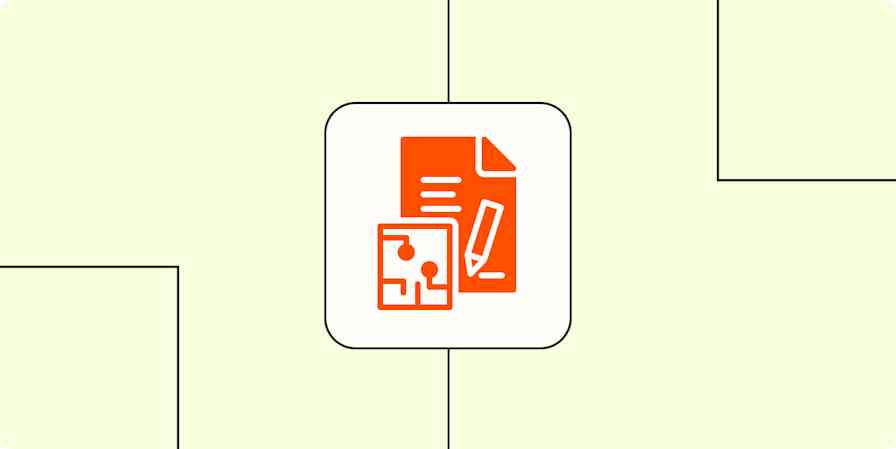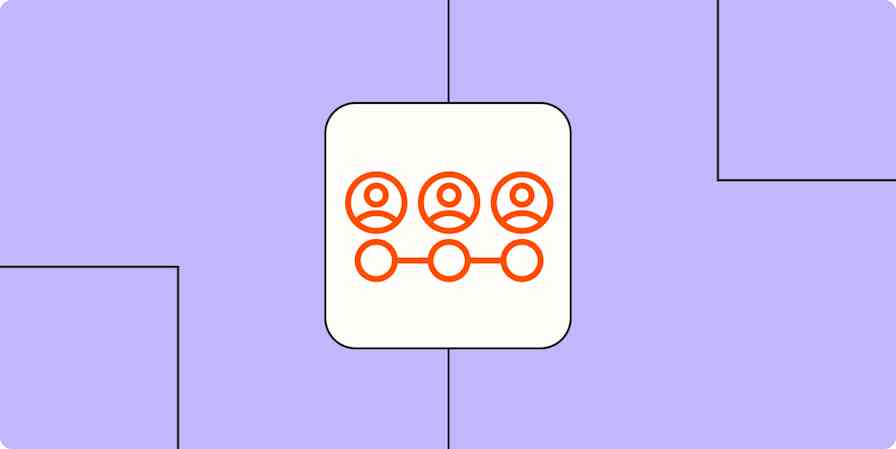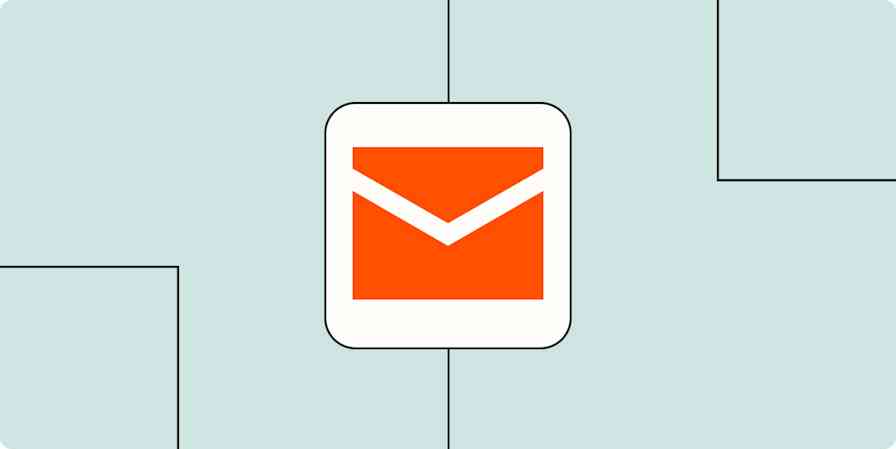Businesses need to be about more than business. And not just because people expect more from brands these days—which they do. Making the investment in your community can also help you identify valuable opportunities and create better products.
At Tonara, the music education company I work for, we've been able to achieve unprecedented growth during a pandemic by investing in our community. Here, I'll talk about how we did it and why connecting with your community can help your company grow.
Go straight to the source
Consumers know exactly what they want, and they'll be upfront about it if you take the time to ask them. You need to figure out which channels are most relevant for your community, and get in touch with them directly through those channels. Here are the ways we've found the most success in engaging with our community, but don't limit yourself—meet your users wherever they are.
Facebook Groups
Social media is great for marketing, of course, but it works just as well for community engagement. People are doing everything on social: sharing information and stories, looking for details to help make decisions, and searching for a community they can be a part of.
We found that our community is mostly on Facebook, so we created a closed group for the music teachers who use Tonara Studio where we can directly interact with them. Facebook Groups help consumers feel a sense of comfort, belonging, and trust when talking to other group members who are all in a similar boat. This dedicated group allows us to offer support, learn what features they'd like, and understand what issues they need addressed.
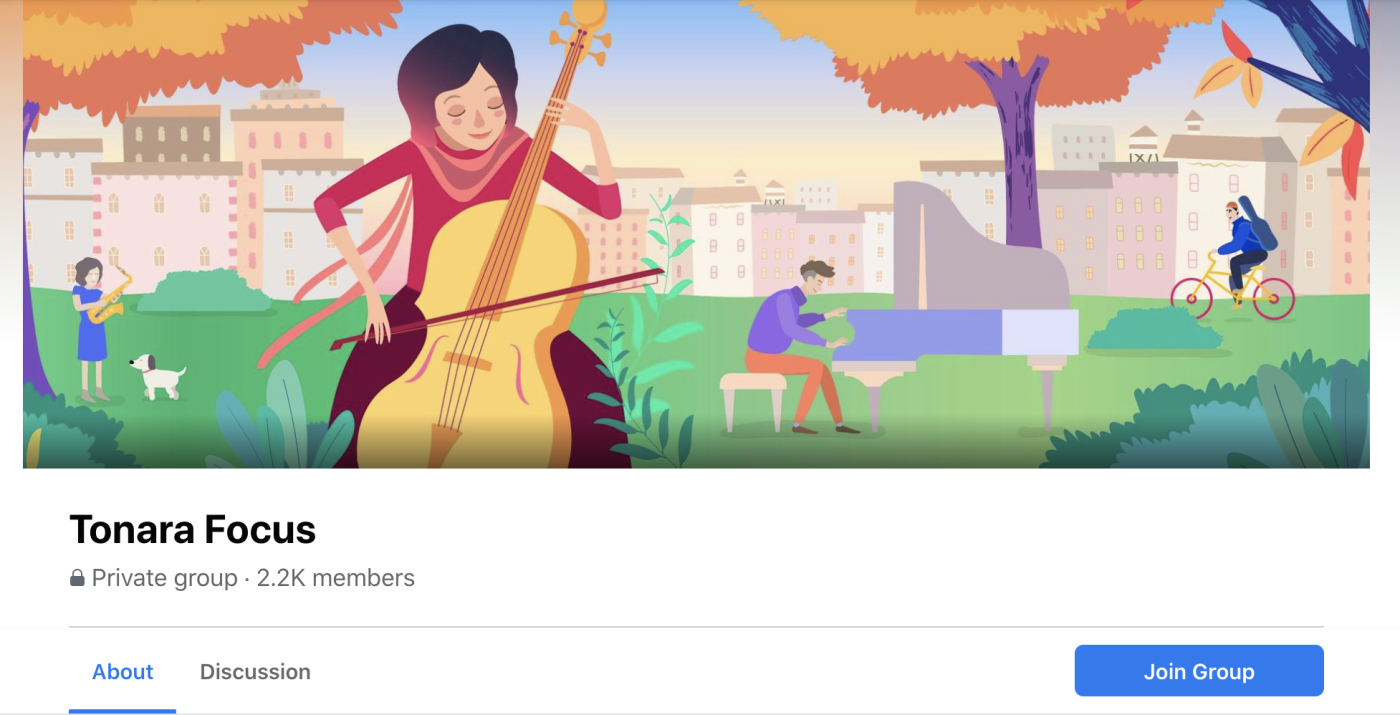
Our CEO, Ohad Golan, is an active member of this Facebook Group. Not only does this help raise customer ideas and concerns directly to the "top," but it also shows our community that we're not just paying lip service—we're really listening. Ohad has become a household name with our users, and we've found a deeper sense of connection because of it.
Surveys
Surveys, of course, are much more direct—it's less about creating an open and ongoing conversation and more about getting straight to the core issues on people's minds at a specific moment in time. Of course, it also shows users you're interested in what they think.
Surveys are particularly helpful if you're thinking about launching a new product or service. For example, we recently launched Online Learning Groups to give students the opportunity to learn music online in a new way. To better understand how this service could benefit our community, we conducted a survey among all our existing users asking about reasons for any lack of engagement in classes. This allowed us to focus our new product on the pain points we knew the market was facing, so we could offer them the best product for their music learning experience.
Conferences and events
Attending conferences and events is part of building your community—whether it's investors, business partners, customers, or even just thought partners. Always go in with an open mind because all it takes is one connection to make something big happen.
But in addition to attending events, we suggest hosting your own. It's a great way to provide your current and potential users with valuable resources in the context of your brand and messaging. It's also another opportunity to interact with your customers, to learn more about them, and to teach them how to make the most of your product. Hosting an event will also position your company as a thought leader—even if it's not the biggest event compared to others in your industry, if you focus on the topics that are unique to your niche, you'll be able to show off your chops.
In 2020, we decided to host our first-ever conference—and it was completely virtual. We focused on three main topics: innovation, empowerment, and connectivity. We had music teachers from all over the world attending the event to listen to experts in their field sharing insights. With every event, we were able to inspire and inform our community, providing them with tools to progress and continue doing what they love. This allowed us to get closer to our community at a time when in-person interactions weren't possible.
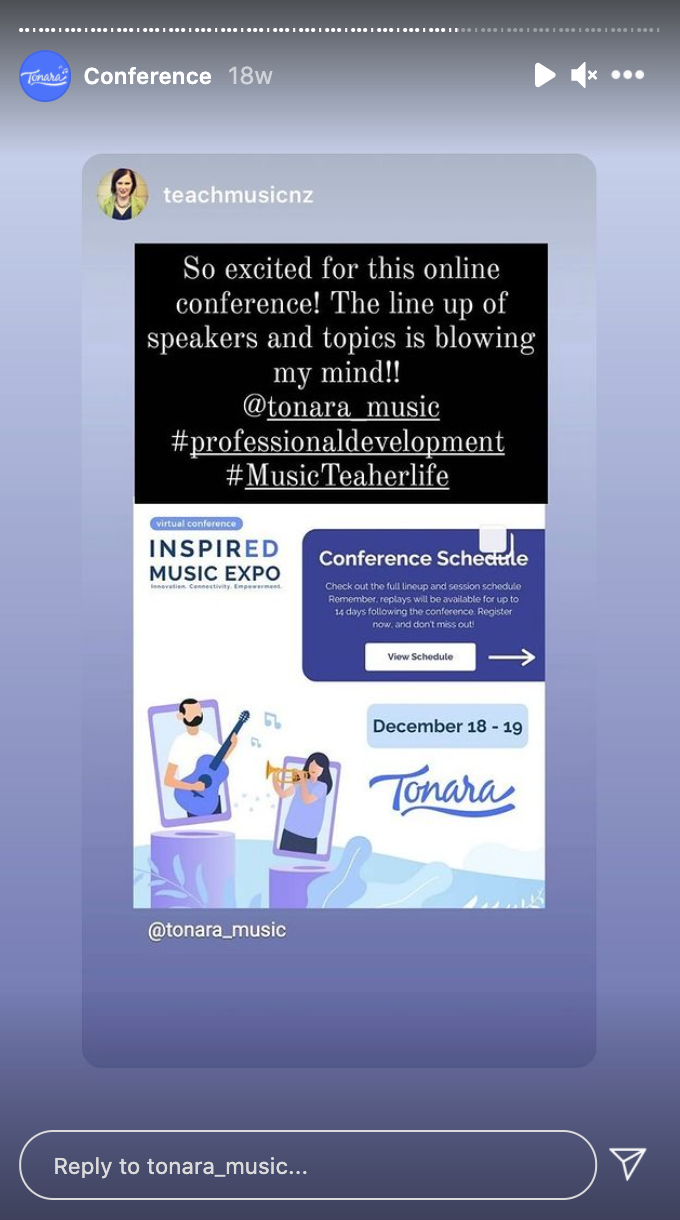
These types of events also make it clear that we want to provide our community with more than just our product. We want to give them tools that will help them succeed with their music teaching and learning.
Solve issues together
Your customer support team probably spends lots of time solving issues with customers, but it's worth extending that to your whole company. Seeing customers struggle with your product is an incredible way to learn how you can help them—whether you're a developer, a marketer, a product manager, or anything in between. Your users are part of your team—make them feel like it.
For example, if your users are reporting an issue with your product, don't spend time guessing (or assuming) you know what they're experiencing—and never disregard it if you can't replicate the problem.
Your customers are the ultimate testers. They spend more time inside your product than you do, so you need to trust what they're reporting. Once you've hit a point where you're not able to reproduce the problem on your own, it's the perfect time to troubleshoot alongside your user. Skip the emails: schedule a call, have them share their screen, and watch what's going on from their end. This is how we do it at Tonara, and depending on the severity of the issue, we might have our QA or support team involved—and sometimes even one of the developers.
This is a win-win situation:
You're offering great customer service, which will make people more likely to recommend you. They'll also be more likely to come to you should they have any questions or experience any other problems (instead of just giving up and not doing business with you anymore).
You'll get insight into how customers are using your product, which can inform everything from which bugs you tackle to how you create messaging around your product.
If there's an issue and you fix it, keep customers in the loop who have reported the issue (make sure you keep track of that on whatever ticketing system you use). This is something they experienced, reported, and took time to troubleshoot with you—they'll want to know how it's progressing. Open communication will make it clear that you appreciate and respect their time.
Build trust and deepen relationships
Not everyone is going to like what you're offering, and lots of people will be vocal about it. But there will also be people who love your product, believe in it wholeheartedly, and become brand ambassadors for you. Either way, you need to interact with the people who leave you reviews.
Use these tips for responding to negative reviews, but don't forget to engage with positive reviews too. It shows that you're responsive, informed, and care about your users and what they think. You're cementing a positive experience for the existing user and creating a good impression for potential customers.
Read more about how to get customer reviews.
But the key to building trust within your community is transparency. Don't hide anything from your users. You've worked hard to create a relationship with them—don't lose that. If there's a problem you know exists and it is likely to affect them, tell them. If you launch a new feature that will change the way they interact with your product, tell them.
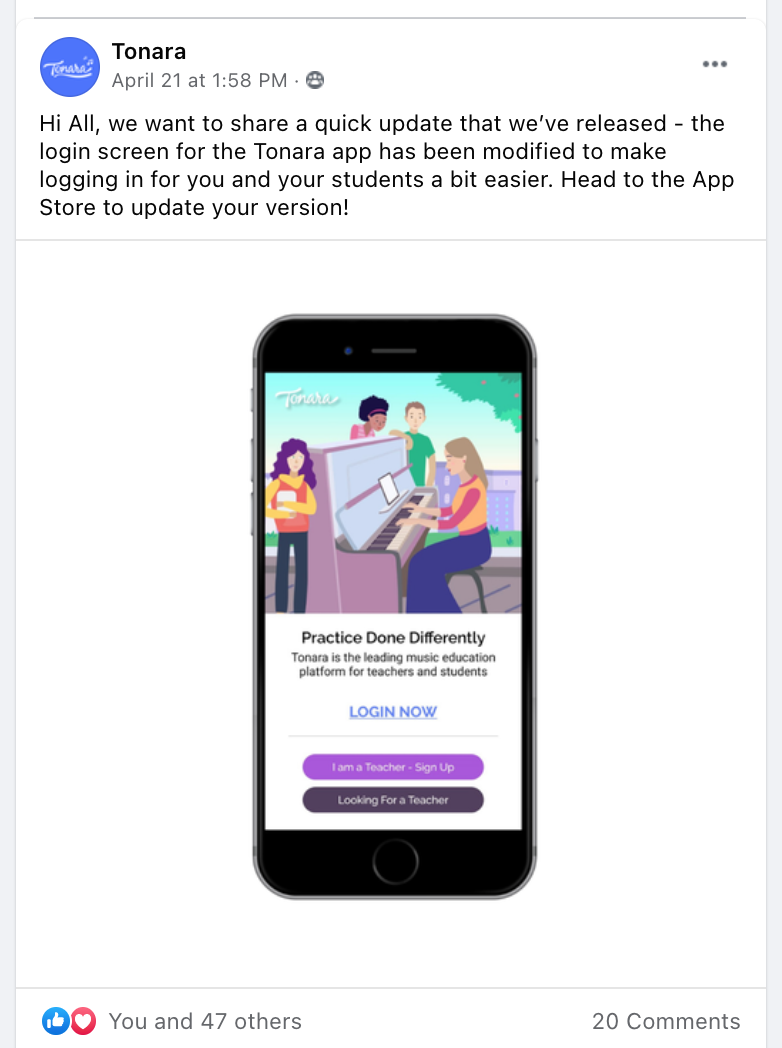
Among our music teachers, Tonara has built this trust by always sharing updates with our teachers upfront. For us, that happens mostly in our Facebook Group; for you, it might be over email, within the product, or somewhere else. You'll get the occasional negative reaction, but every time we receive a like, heart, or lovely comment, it reminds us all why we're doing this. "Our team is a family, and our users are also part of that family," Ohad told me. "More than they know."
This was a guest post from Keren Feldsher, Head of Content at Tonara. Tonara is a music education company looking to harness the power of technology to move music education forward. Tonara Studio, their flagship app and platform, motivates music students to practice and enables their teachers to track practice sessions and keep them engaged in between lessons. Tonara Connect, their music education marketplace, makes it easier for students to find the right teacher for their learning needs and for teachers to promote their online and local music lesson studios. Want to see your work on the Zapier blog? Read our guidelines, and get in touch.


